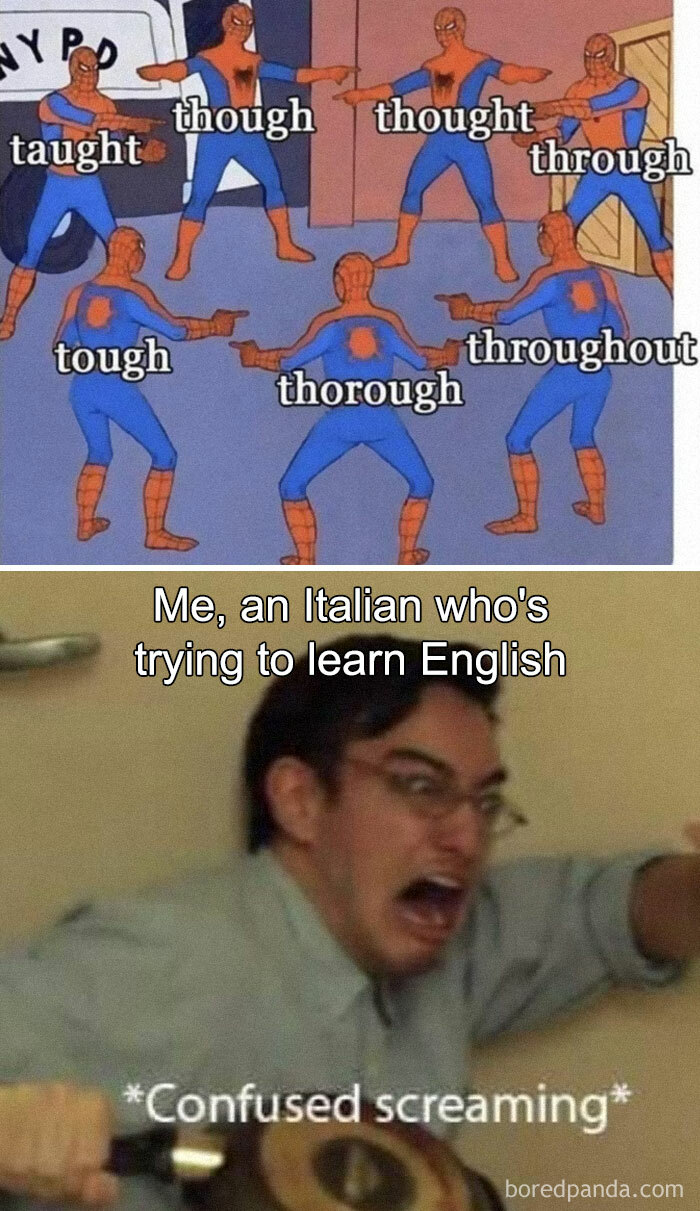this post was submitted on 07 Oct 2023
1010 points (97.6% liked)
Memes
8314 readers
1786 users here now
Post memes here.
A meme is an idea, behavior, or style that spreads by means of imitation from person to person within a culture and often carries symbolic meaning representing a particular phenomenon or theme.
An Internet meme or meme, is a cultural item that is spread via the Internet, often through social media platforms. The name is by the concept of memes proposed by Richard Dawkins in 1972. Internet memes can take various forms, such as images, videos, GIFs, and various other viral sensations.
- Wait at least 2 months before reposting
- No explicitly political content (about political figures, political events, elections and so on), !politicalmemes@lemmy.ca can be better place for that
- Use NSFW marking accordingly
Laittakaa meemejä tänne.
- Odota ainakin 2 kuukautta ennen meemin postaamista uudelleen
- Ei selkeän poliittista sisältöä (poliitikoista, poliittisista tapahtumista, vaaleista jne) parempi paikka esim. !politicalmemes@lemmy.ca
- Merkitse K18-sisältö tarpeen mukaan
founded 2 years ago
MODERATORS
you are viewing a single comment's thread
view the rest of the comments
view the rest of the comments


Just memorize them by rote. There's nothing actually connecting them via spelling; they're completely different words with completely different backgrounds and that's a thing you have to get used to in English.
Remember English is a creole of a bunch of different languages and that's why it is the way it is. It doesn't really have rules like that aside from some basic grammar.
Yeah it's like a mad concoction of Germanic, Brythonic, old French, and Norse influences. So many loan words!
I am so glad to be a native English speaker... although I would have been a lot happier to have been Canadian. Everyone blames us Americans for the way English is without giving a thought to Britain. Or Australia.
Australian English is just a weird combination of American and British English, plus a whole heap of slang words.
Creoles/Pidgins of English often solve some issues, which I find funny. The Vanuatu creole (Bislama) changes all words that connect nouns to "blong" (belong)
...or "long"
There is only one second+ person pronoun: "hem" and one personal pronoun: "mi"
So how would you know which blong is which? 🤔